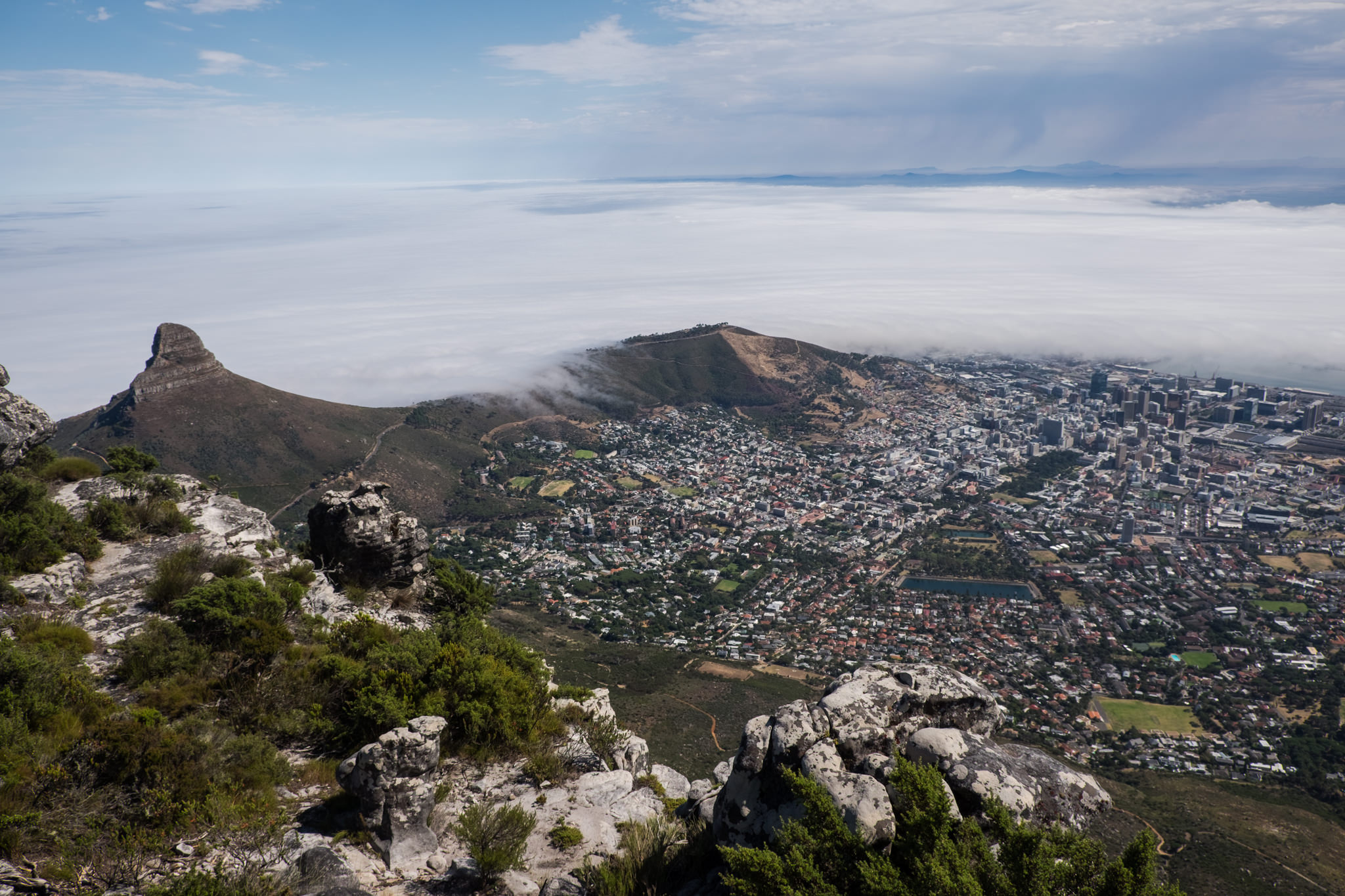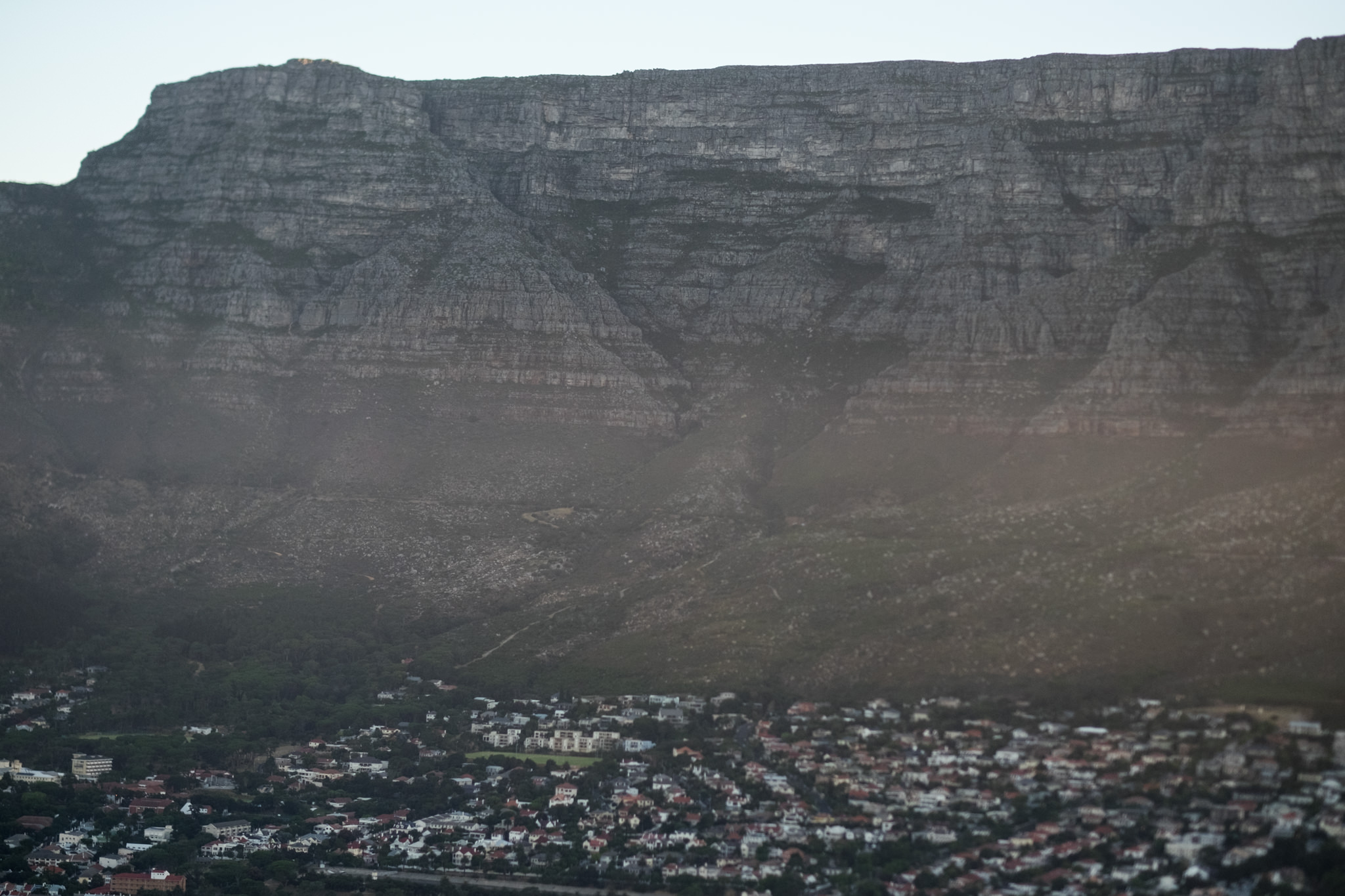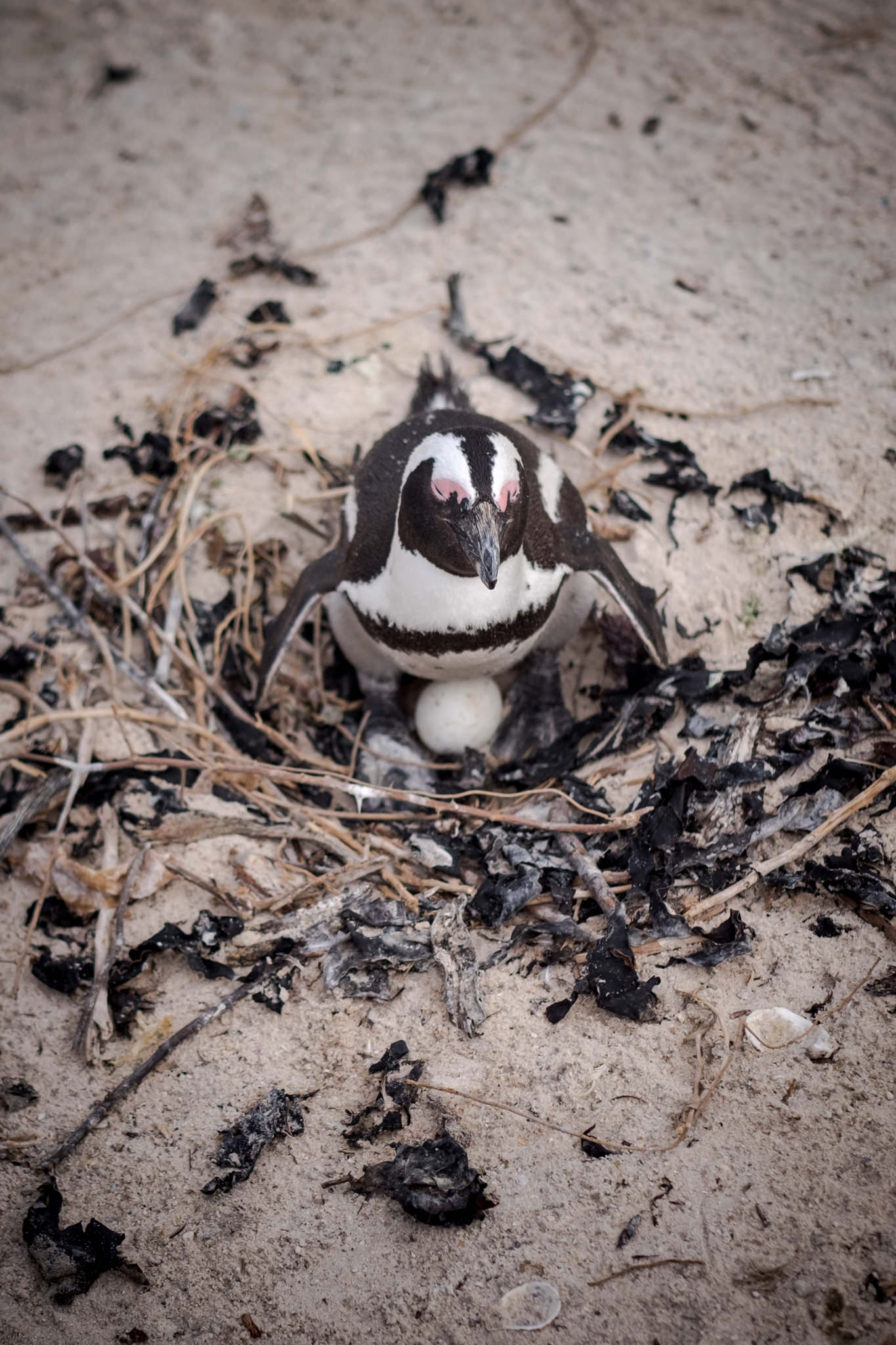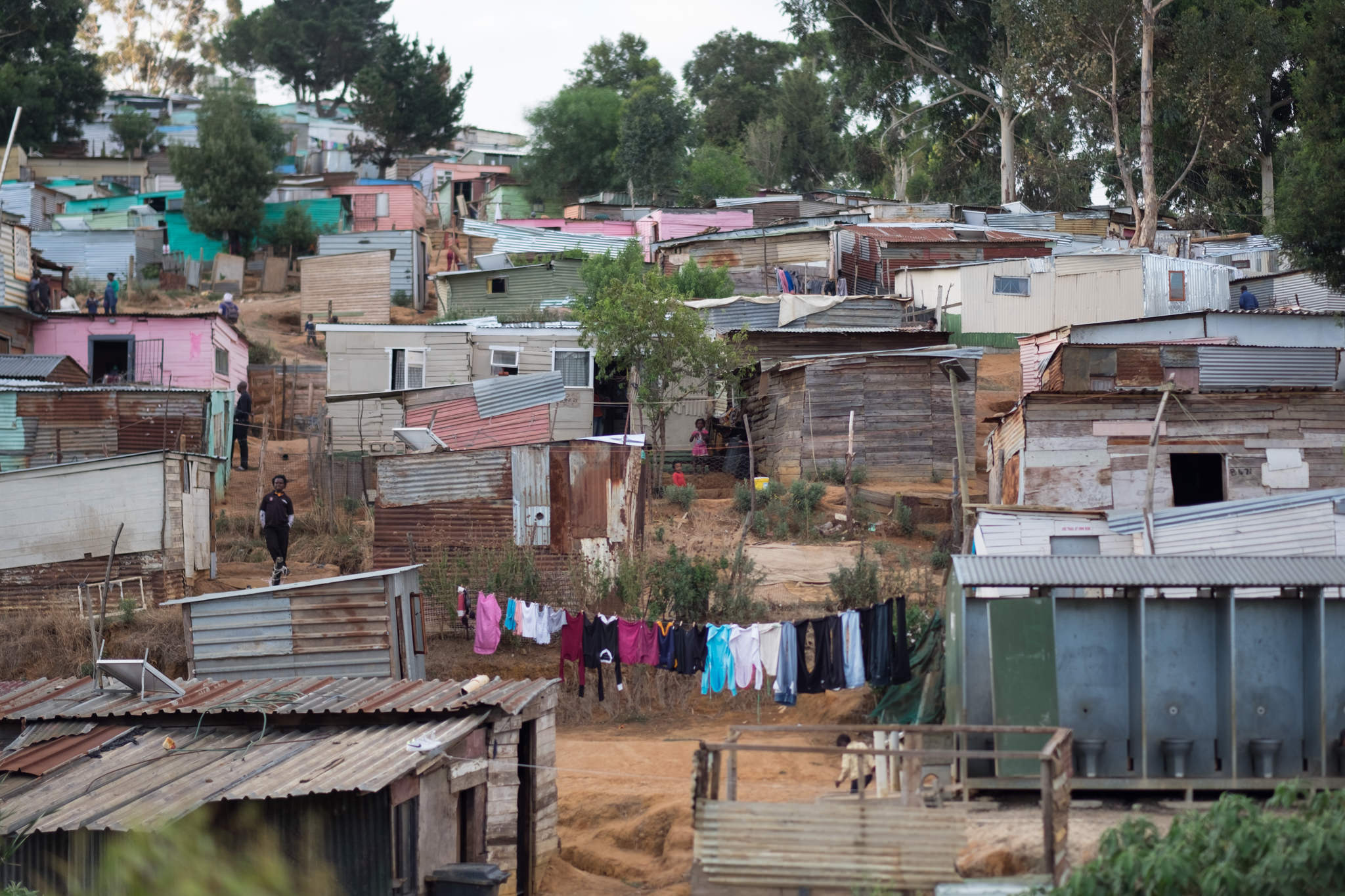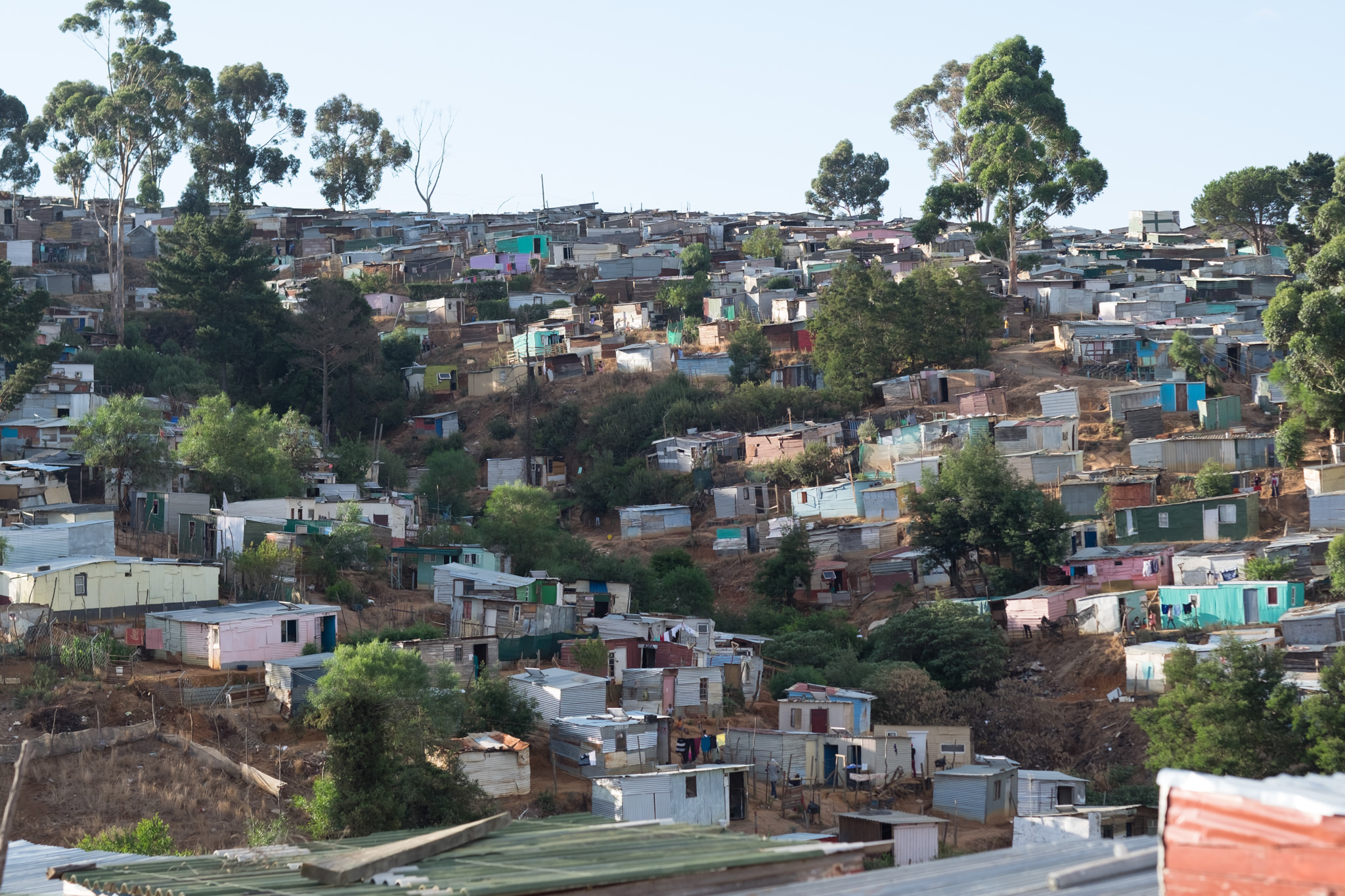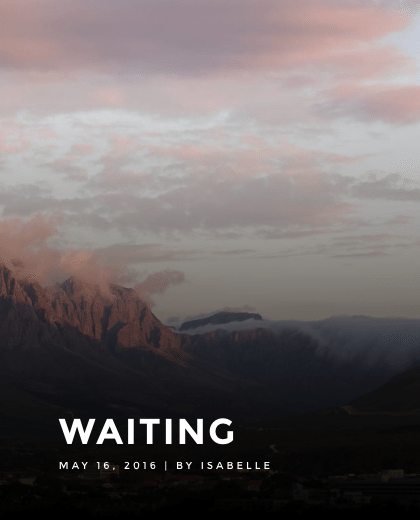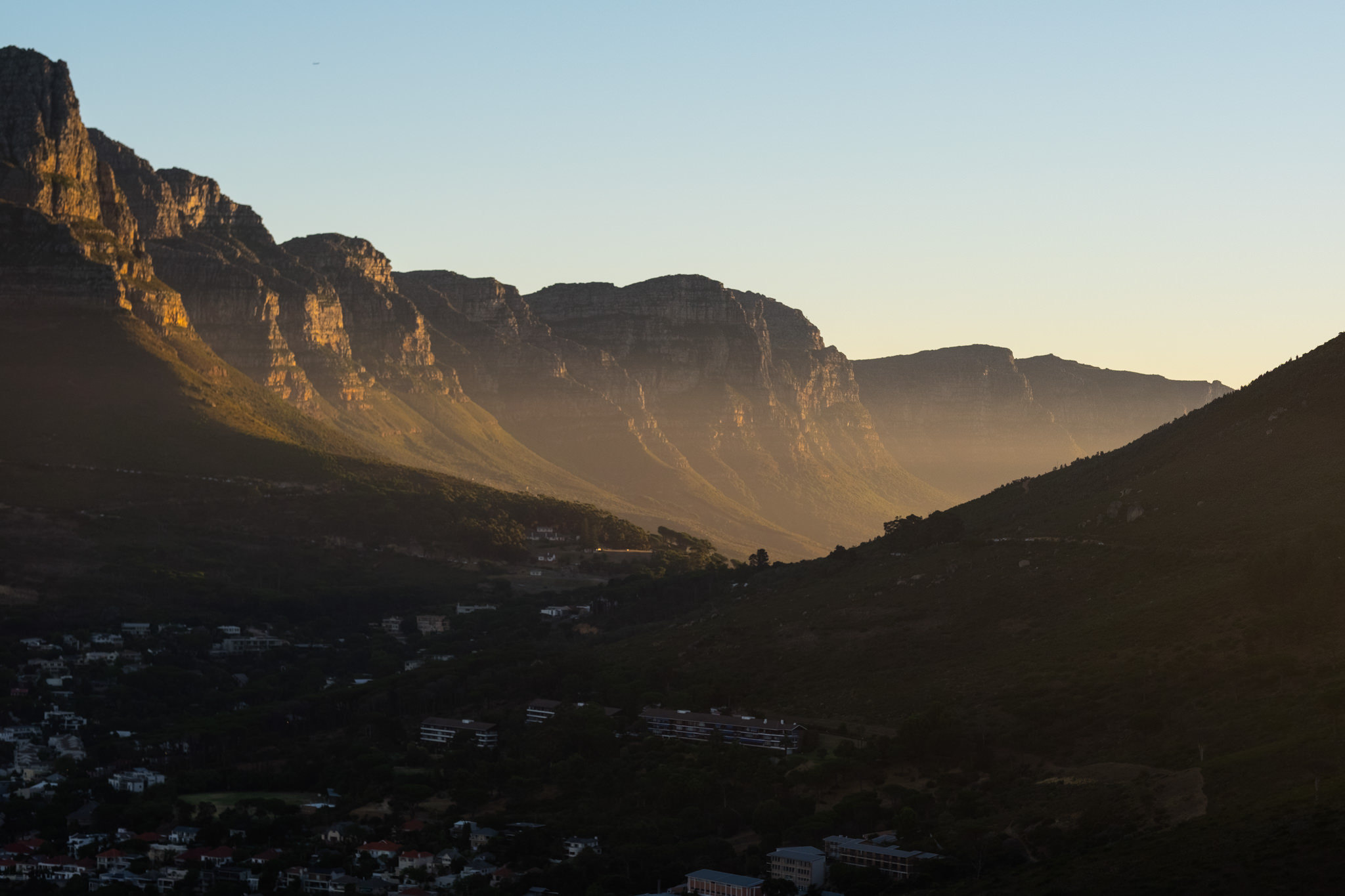
A push for Sustainable Development
A bold new global agenda to pursue a sustainable future was unanimously adopted by all Member States of the United Nations in 2015. “The new agenda is a promise by leaders to all people everywhere. It is a universal, integrated and transformative vision for a better world.â€
– UN Secretary-General Ban Ki-moon
BEING President of SOUTH AFRICA
“The triple challenge of poverty, unemployment and inequality that the development agenda seeks to address, is the primary focus of the South Africa Government and people.”
–Jacob Zuma, President of South Africa
54,979,000 Human Beings live in South Africa
Meet a few of them
Daniel is an agent of the iShack Project which uses solar electricity to show how slums can be incrementally upgraded in a sustainable and socially just way – iShack
Learn more about iShack at: http://www.ishackproject.co.za/

“MOST PEOPLE ONLY LIVE HERE TEMPORARILY. NOT ME.†– SIBA
Approximately 1.9 million South African households are living in informal dwellings, such as shacks or shanties in informal settlements or in backyards (Statistics SA, 2010). More children are being born and raised in informal settlements.
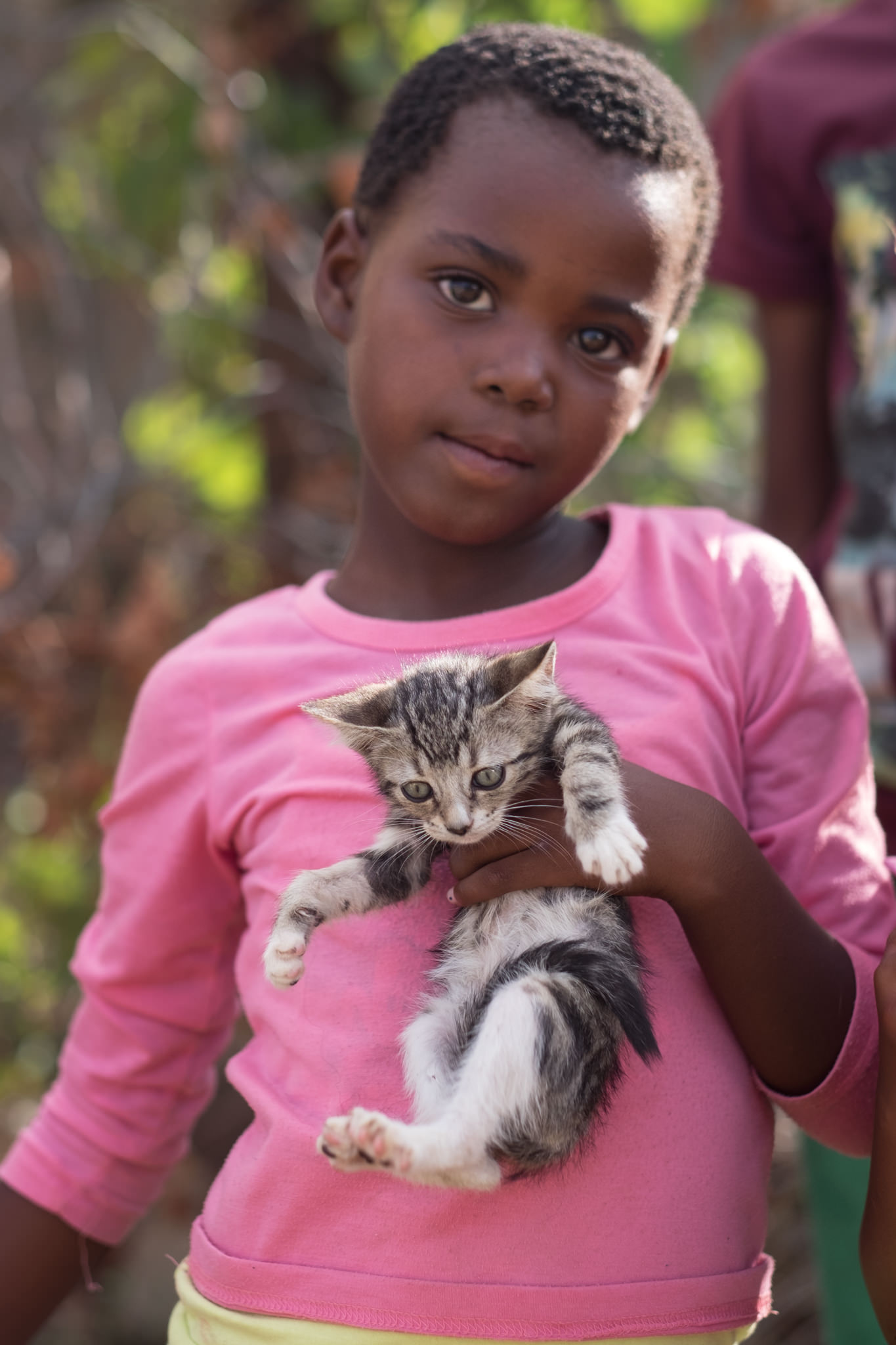
“I GUESS IT [KITTEN] IS MINE. IT LIVES IN THAT [TRASH] BIN BY MY HOUSE†– ASIPHILE
Inadequate waste removal services in informal settlements causes massive buildups, making collection and transportation of waste to landfill facilities extremely difficult.
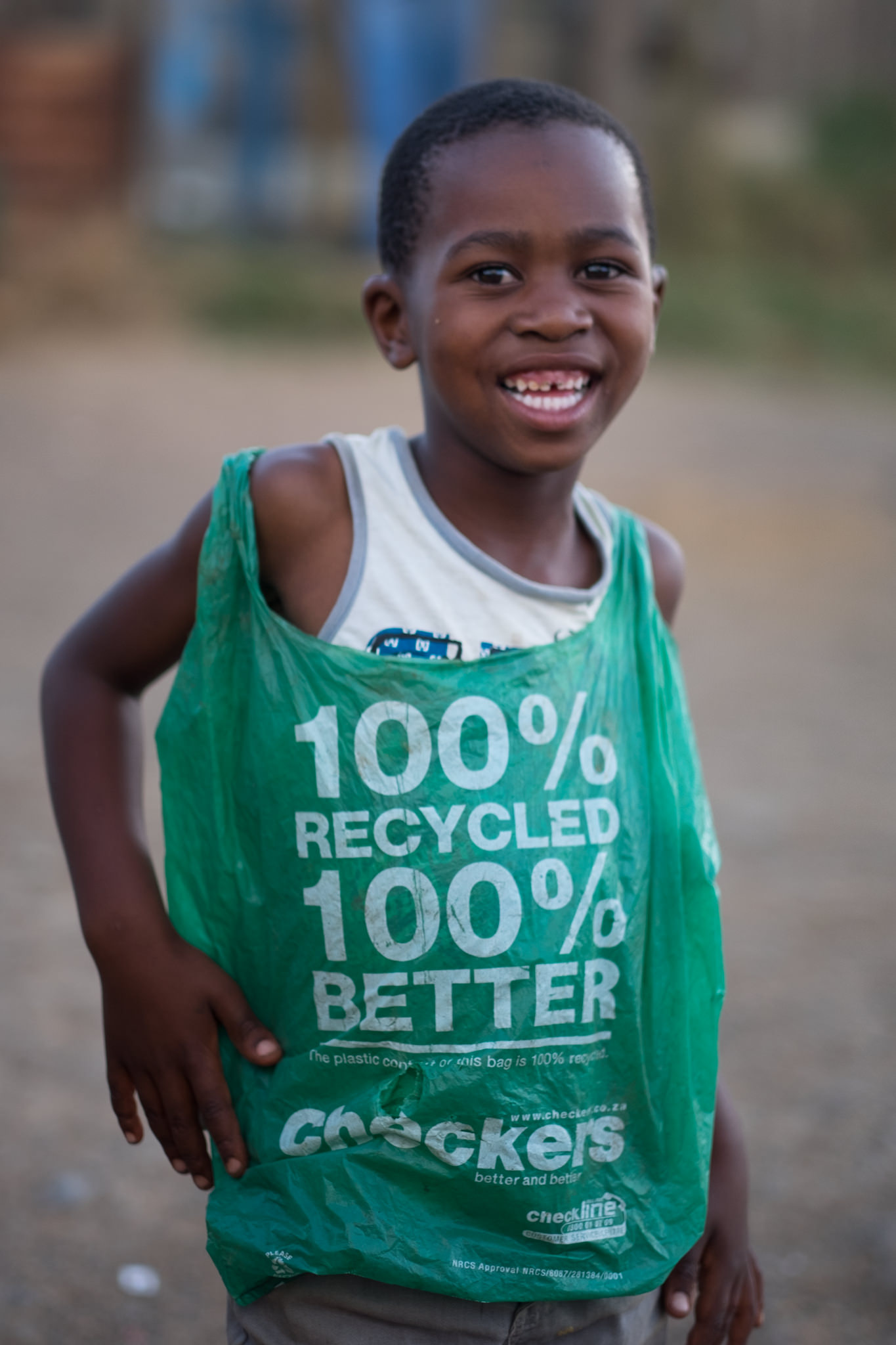
“MY NEW FASHION DESIGN! YOU LIKE IT, RIGHT? I’LL GIVE YOU A GOOD PRICE FOR ITâ€
Only 3.3% of the country’s urban population regularly recycled household waste (South Africa’s Council for Scientific and Industrial Research, 2010)


